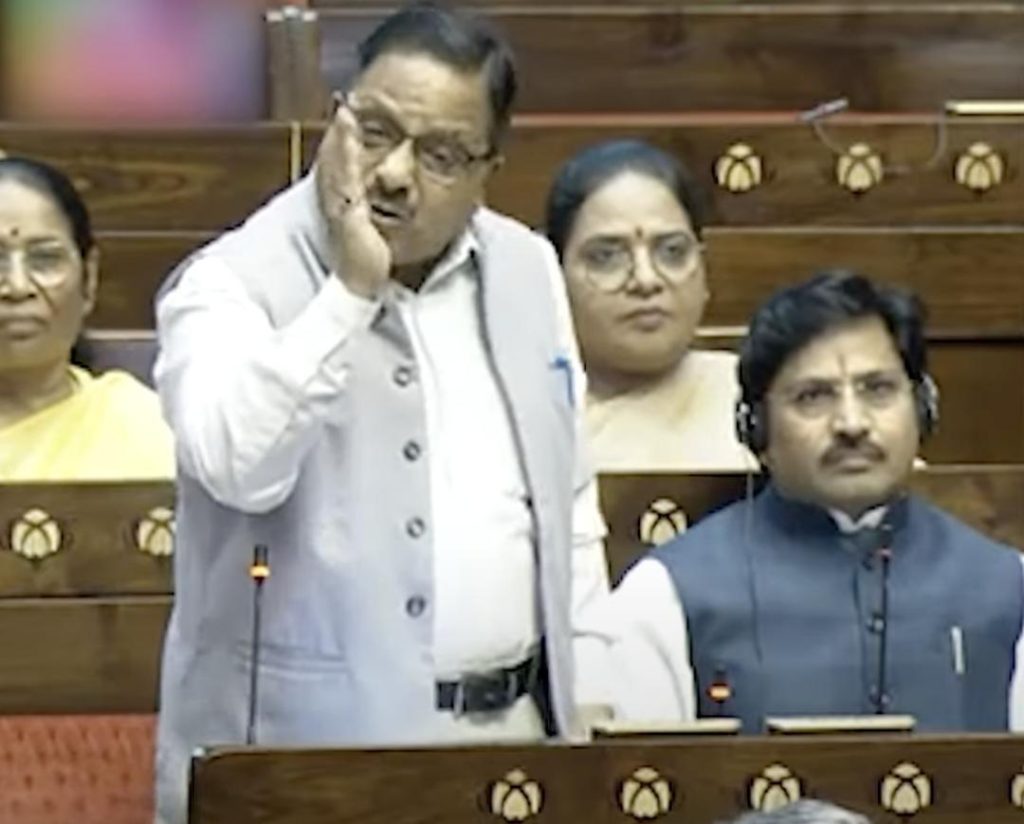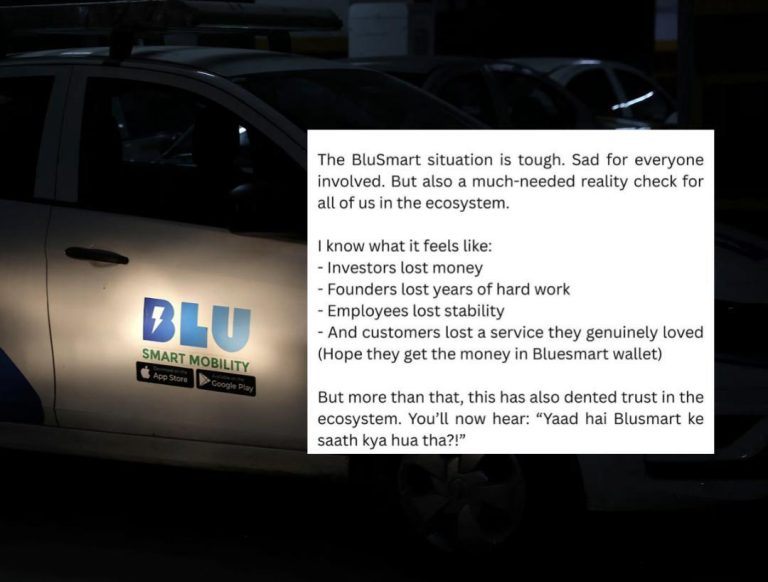
Should I Read Quran and Tell You What’s Written in It: BJP MP Radha Mohan Das on Waqf Bill
The Waqf Bill, a contentious piece of legislation aimed at governing the administration of Wakf properties, has sparked a heated debate in India’s parliament. The bill aims to ensure transparency and accountability in the management of these properties, which are managed by the Waqf Board. During the discussion on the bill, a BJP MP, Radha Mohan Das, made a provocative statement that has left many stunned. In this blog post, we’ll delve into the context of the statement and explore the implications of his words.
Radha Mohan Das, a BJP MP from Uttar Pradesh, sparked a controversy when he asked if he should read the Quran and tell the nation what’s written in it. The statement was made during the debate on the Waqf Bill in the Lok Sabha. Das’s statement has been widely reported in the media, and has sparked a heated debate on social media and among religious leaders.
So, what exactly did Radha Mohan Das say? According to reports, he stated that he would like to read the Quran and tell the nation what’s written in it. He then went on to quote a verse from the Quran, which he claimed supported his argument that the Waqf Board should maintain written records of its properties and transactions. “The Quran says that even if one rupee is given to anyone, there should be a written record,” Das said. “And you say you have so many properties without a record,” he added, seemingly questioning the transparency and accountability of the Waqf Board.
Das’s statement has been widely criticized by religious leaders and opposition parties, who have accused him of disrespecting the Quran and attempting to politicize religious scripture. Many have argued that Das’s statement was an attempt to divert attention from the real issues surrounding the Waqf Bill and to create a controversy around the Quran.
However, some have defended Das’s statement, arguing that he was simply highlighting the importance of transparency and accountability in the management of Waqf properties. They argue that Das was not attempting to disrespect the Quran, but rather using a verse from the holy book to illustrate his point.
So, what is the Waqf Bill, and why is it so controversial? The Waqf Bill aims to establish a new Waqf Board, which would be responsible for managing Wakf properties across India. Wakf properties are those that are donated to the Waqf Board for the benefit of the Muslim community. The bill aims to ensure that these properties are managed in a transparent and accountable manner, and that the benefits of these properties are shared equitably among the Muslim community.
One of the main concerns surrounding the Waqf Bill is the lack of transparency and accountability in the management of Wakf properties. Many have accused the current Waqf Board of mismanaging these properties, and of using them for personal gain. The Waqf Bill aims to address these concerns by establishing a new Waqf Board that would be responsible for managing these properties in a transparent and accountable manner.
In conclusion, Radha Mohan Das’s statement has sparked a heated debate on the Waqf Bill and the role of religion in politics. While some have criticized Das’s statement as disrespectful and an attempt to politicize religious scripture, others have defended his statement as a legitimate critique of the lack of transparency and accountability in the management of Waqf properties.
Ultimately, the Waqf Bill is a complex issue that requires careful consideration and debate. Rather than attempting to use religious scripture to score political points, we should focus on ensuring that the bill is used to benefit the Muslim community and to promote transparency and accountability in the management of Wakf properties.
Source:
Note: The above article is based on a news report and is intended to provide a balanced and informative summary of the issue. The views expressed in the article are those of the author and do not necessarily reflect the views of the publication or the author’s employer.






